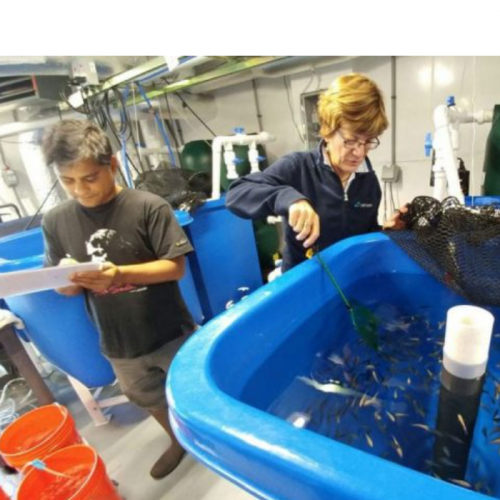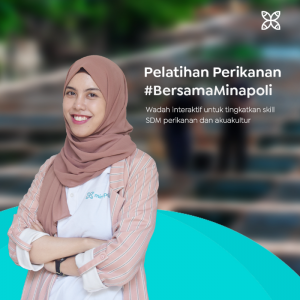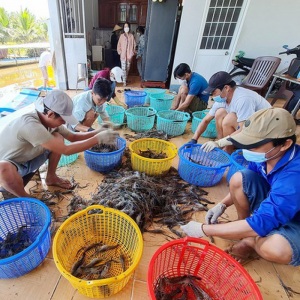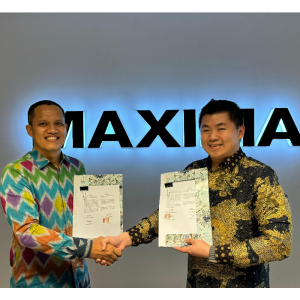
UCSC Researchers Win Grant to Develop More Sustainable Aquaculture
| Tue, 23 Feb 2021 - 14:15
Their project involves creating algae-based fish feed for aquaculture and recycling wastewater to grow vegetables. If successful, it could offer sustainable solutions for one of the largest food sectors.
“Aquaculture is the world’s fastest-growing food sector and has been for at least the last couple decades,” says Anne Kapuscinski, one of the project leaders and a professor of environmental studies and director of the coastal science and policy program at UCSC.
Farmed fish are raised in captivity, but their feed contains fish meal and fish oil made from small, wild-caught fish like anchovies, herring and mackerel. These smaller species—called forage fish—make up an important part of the marine food web. Seabirds, larger fish and even humpback whales depend on them.
Also read: Marine Ingredients Are Stable in Volume, Strategic in Aquaculture Nutrition
“A lot of those marine organisms are themselves already endangered or their populations are declining. And with climate change starting to have impacts on our oceans, there is a growing concern and uncertainty,” Kapuscinski says. “It’s really not wise to be taking a bunch of those fish.”
Aquaculture is the largest consumer of fish meal and fish oil in the world. Over 19 million tons of forage fish are harvested for it each year.
“These are highly unsustainable practices,” says Pallab Sarker, an environmental studies associate research professor and aquaculture expert at UCSC who is leading the project with Kapuscinski. “It’s our obligation to do better for our planet.”

UCSC scientists Pallab Sarker and Anne Kapuscinski working on their previous tilapia project. Photo: Devin Fitzgerald
Fish in Barrel
Sarker and Kapuscinski won the grant for their novel research into creating fish feed using microalgae—single-celled marine organisms also called phytoplankton that make up the base of the food web in all aquatic ecosystems.
“What we want to do is allow aquaculture to develop in a more sustainable way and uncouple it from this fish meal and fish oil,” Kapuscinski says.
The scientists will develop and process their own fish feed using a small-scale version of commercial feed mills.
“It’s like making fancy spaghetti and then cutting it up and drying it,” Kapuscinski says. The researchers and their students will then feed groups of trout different formulas and monitor their health and growth.
Also read: Clean Energy in Aquaculture: Using Technology to Grow Healthy Fish
The project builds on previous work that Sarker and Kapusckinski led, where they focused on tilapia. But while tilapia already feed on algae in the wild, trout eat insects and other fish. This makes it harder to create nutritious and palatable feed for them using the single-celled phytoplankton.
“We’re confident that we could eliminate the oil, or at least a lot of it,” Kapuscinski says. “It may be a little harder to eliminate all the fish meal. But part of why we won this grant is because we have some innovative ideas for how to blend different microalgae.”
The researchers chose trout for their study, but they plan to apply what they learn to salmon farming as well. The two species have similar food needs and make up a large portion of the aquaculture sector.
“This is a really exciting opportunity,” Sarker says. “I’m optimistic that we could develop a more ocean-friendly feed formula.”
Farmed Fish as Farmers
The scientists will take their sustainable aquaculture plans a step further than just shifting the feed of farmed fish. They also plan to recycle their water. The system will circulate water through the tanks several times before the runoff goes to grow organic vegetables at the UCSC Farm.
The wastewater from aquaculture contains nitrogen and phosphorus that plants need. “Instead of treating it as a waste, we have to think of it as a resource out of place,” Kapuscinski says. And by creating a closed-loop system, the researchers minimize the risk that runoff will create algal blooms or throw off the balance in natural ecosystems.
Also read: Farmed Tilapia See Growth, Meat Quality Boost From Nerolidol Supplement
Kapuscinski and Sarker’s trout will be the first fish at UCSC’s new aquaculture facility. The pandemic delayed the start of the project and made finding trout for the experiment difficult. But the scientists plan to begin in the next few weeks. They expect the project to last a few years and hope to use it to teach students and community members about sustainable fish farming.
“[Aquaculture] is going to remain an important part of the human food system,” Kapuscinski says. “So we have to steer it in an environmentally sustainable as well as socially-just direction.”
Source: Goodtimes.sc






















